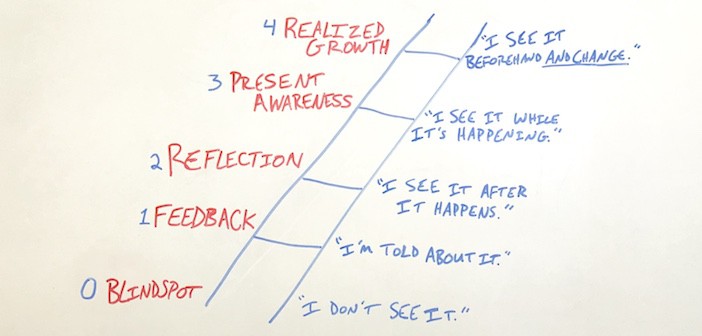This week, I have been sharing my notes from Chick-fil-A Leadercast. Today, we’ll focus on great insights from John Maxwell and Henry Cloud. I shared my personal reflections at the end of each section in hopes that it will help you process the content and apply it yourself. You can read more notes from Chick-fil-A Leadercast here.
John Maxwell on Simplicity and Influence
- An educator takes something simple and makes it complicated. A communicator takes something complicated and makes it simple.
- It’s not easy to be simple but it is effective.
3 Steps to Getting Simple
- 1. Simplistic — Shallow and Fast
- i.e. “Leadership is position.” – The idea is simple but also shallow.
- 2. Complex — Deep and Slow
- i.e. In John’s first church board meeting as a pastor he discovered that leadership was more than position when one board member controlled the meeting. This board member held all the influence.
- 3. Simple — Deep and Fast
- i.e. “Leadership is influence.”
Ryan’s Reflection: This process is a great fit for anyone working to articulate an idea. Whether it be the main point for a sermon, the pitch for a new method, or a leadership development principle to share with the team, moving from simplistic to simple will make an idea both stronger and more memorable.
4 Ways to Earn Influence
- 1. Add value to people every day
- 2. Subtract your leadership land mines (aka weaknesses)
- 3. Multiply your strengths by developing them
- 4. Divide your weaknesses by delegation
Ryan’s Reflection: Number 1 stands out to me as one to focus on the most. For people who find themselves driven by their own tasks, taking time to invest in the work of others can feel like a real stretch. To do so, we must prioritize the success of the organization over the success of ourselves.
Henry Cloud on Boundaries for Leaders
3 Boundaries Leaders Need
- 1. Necessary Endings: When a leader gives up hope that something or someone unsuccessful is going to work.
- Sometimes organizations need to have a funeral and let go of meaningful things from the past
- 2. Focused Attention: Great leaders keep everyone focused on what is important, shut everything else out, and help them remember it.
- Great leaders lead people in ways that their brains can actually follow them.
- 3. Relationships: Stress levels in crisis situations drop tremendously when people are going through them with friends.
- Leaders: Create structures where your team members get connections with you and others on their team to go through difficult situations together.
Ryan’s Reflection: It seems to me that a leader working to create change should focus on these three boundaries in reverse order. He or she should begin by building strong relationships with and between teammates. Next, he or she should draw focused attention around a common vision. Finally, with this sense of purpose, he or she can begin making strategic decisions for necessary endings of certain aspects of the organization that do not support the vision.
Which of these ideas most stands out to you? What reflection would you write for yourself on these notes?



